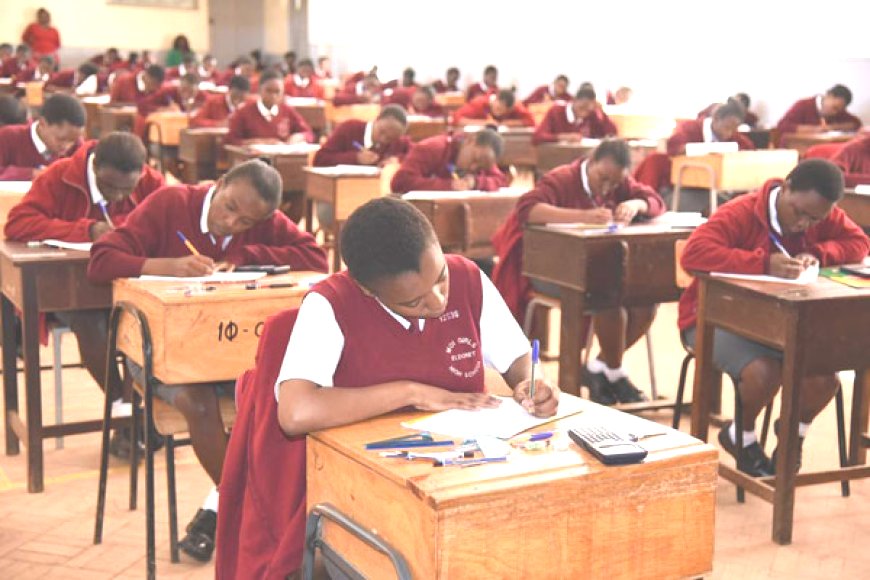A fresh education crisis has emerged in Kenya following a startling disclosure that more than 700,000 learners who sat for the 2024 KCSE examinations cannot be traced within the national placement system.
According to figures reported by one of the dailies, the state agency responsible for placing students into universities, colleges, and TVET institutions has only accounted for 246,165 out of the 961,144 candidates who completed Form Four last year.
This translates to over 70 per cent of KCSE graduates disappearing from official education follow-up records, sparking deep concern about their fate and long-term prospects.
The unaccounted students either missed the application process, were overlooked by the placement system, or dropped out due to financial hardship, a lack of information, or systemic breakdowns.
For President William Ruto’s administration, the revelation raises significant political and social questions, particularly in light of promises made under the Bottom-Up Economic Transformation Agenda (BETA) to prioritise and empower the youth.
READ ALSO:
Bondo NG-CDF injects Sh26 million to fuel learning for 15,000 day scholars
Critics have seized the moment, accusing the government of neglecting hundreds of thousands of young Kenyans at a delicate turning point in their lives.
Education experts now warn that the “missing” cohort risks being drawn into early marriages, radicalisation, crime, drug abuse, or exploitative labour, particularly within informal settlements and remote regions. Others may try unsafe migration routes in search of a livelihood abroad.
Without urgent action, Kenya could forfeit an entire generation of skilled professionals, artisans, and innovators.
Both parents’ associations and teachers’ groups are demanding immediate accountability from the Kenya Universities and Colleges Central Placement Service (KUCCPS) and the Ministry of Education.
They argue that it is unacceptable for such a large number of learners to drop out, despite billions spent on reforms and digital tracking systems.
The revelation comes at a politically sensitive period, with Gen Z already mobilising ahead of the 2027 elections. Only recently, the IEBC launched registration for more than 6.3 million first-time voters.
Analysts caution that unless decisive steps are taken to identify, support, and reintegrate the affected students, the matter could spiral into a full-blown political and security crisis.
By Joseph Mambili
You can also follow our social media pages on Twitter: Education News KE and Facebook: Education News Newspaper for timely updates.
>>> Click here to stay up-to-date with trending regional stories
>>> Click here to read more informed opinions on the country’s education landscape






